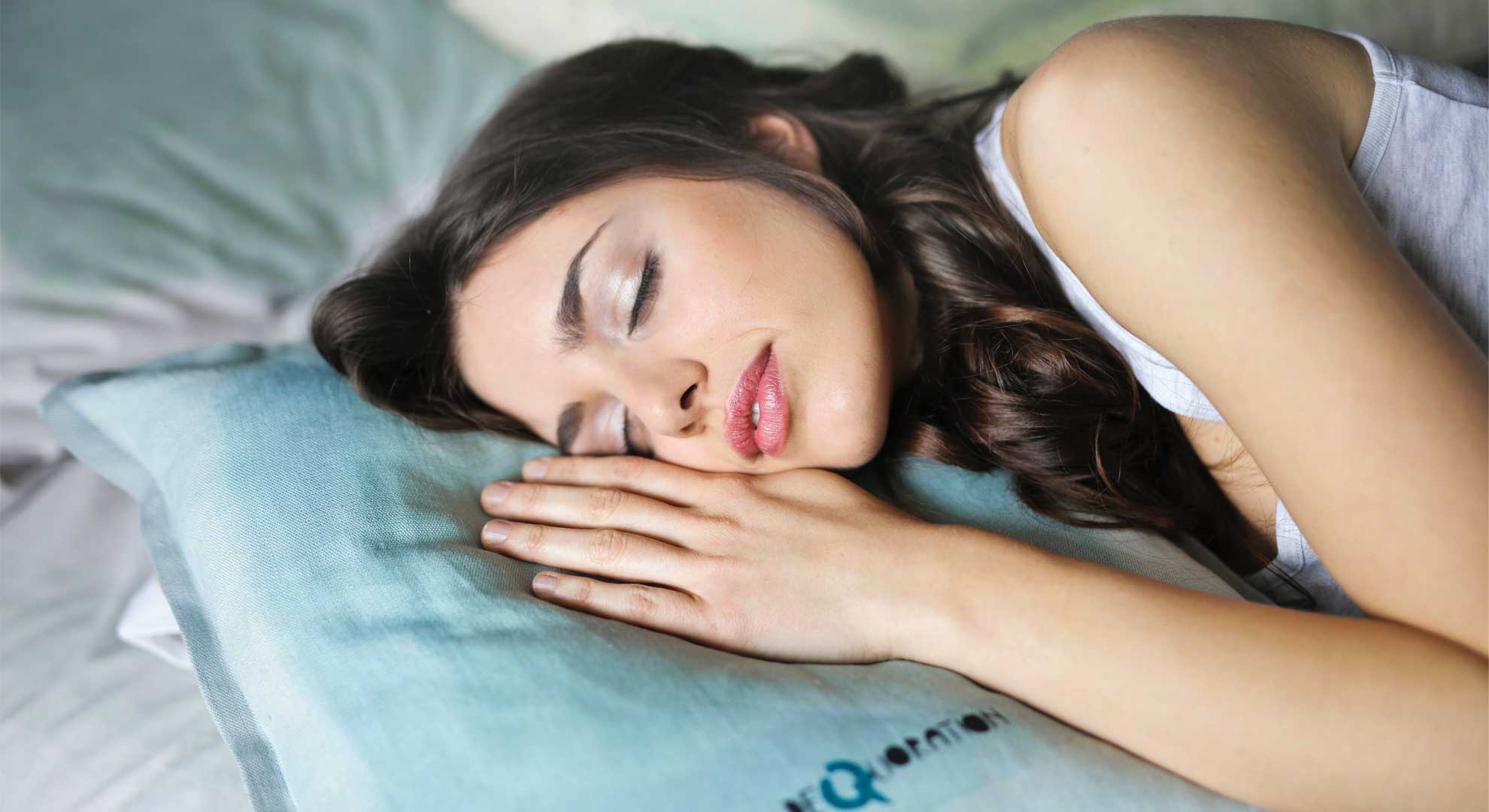We all know sleep is important but in a modern fast passed society with a pressure to get things done are we getting enough quality sleep?
Sleep is when our body is healing. Think of ‘wakefulness’ as brain damage and sleep as neurological repair. It is recommended that we get 8 hours of sleep per night. Lost sleep cannot be recovered. There are 2 main stages of sleep NREM (dreamless sleep, the lighter phase of sleep) and REM sleep (dream sleep, the deeper phase of sleep). Our brain needs both to heal and process our emotions. Sleep deprivation can have some devastating effects on your health and life.
Effects of sleep deprivation:
- Decreases memory, concentration affecting your thinking and learning.
- Increases accidents
- Increases your chances of chronic disease.
- Sleep deprivation will stimulate your appetite and cravings for sugary, salty carbohydrate-rich foods. Leading to weight gain.
- Research suggests that by shortening your sleep you are shortening your life.
12 tips for healthy sleep
- Stick to a sleep schedule, go to bed and wake up at the same time each day. Sleeping later on the weekend won’t make up for a lack of sleep during the week and will make it harder to wake up on the Monday morning. Set an alarm for your bedtime.
- Exercise is great but not to late in the day, try to exercise at least 2-3 hours before bed.
- Avoid caffeine and nicotine. Caffeine can take 8 hours to fully wear off. Nicotine is a stimulant and causes smokers to sleep lightly and wake up early in the morning due to withdrawal.
- Avoid alcoholic drinks before bed. A drink before bed might help you to relax but heavy use robs you of rem sleep keeping you in the lighter stages of sleep. It may also contribute to impairment of breathing at night and wake up in the middle of the night when the effects of the alcohol have worn off.
- Avoid large meals and beverages before sleep as large meals can cause indigestion which can interferer with sleep and large volumes can cause frequent awakening for urination in the night.
- If possible avoid medicines that delay or disrupt your sleep. Some commonly prescribed medications for heart, blood pressure, asthma as well as some over-the-counter and herbal remedies can disrupt sleep patterns. If you have trouble sleeping talk to your pharmacist to find out if any of the medications you are taking could be disrupting your sleep and take at other times of day.
- Don’t take naps after 3pm. Naps are great, even 20 minutes can increase your memory up to 20% for the rest of the day and can help to make up for lost sleep but late afternoon naps can make it harder to fall asleep at night.
- Relax before bed; don’t over-schedule your day so there is no time left for unwinding. A relaxing activity such as reading or listening to music should be part of your bedtime ritual.
- Take a hot bath before bed; the drop in body temperature when you get out of the bath could make you sleepy. And help you relax and slow down so you’re more ready to sleep.
- A dark, cool gadget-free bedroom. Get rid of anything in your bedroom that might distract you from sleep. Such as noises, bright lights, uncomfortable bed, warm room temperature. You sleep better when the bedroom is kept on the cool side. A TV, mobile phone or computer in the bedroom can be a distraction and deprive you of needed sleep. Avoid any blue light from technology at least an hour before bed and keep the lights low.
- Have the right sunlight exposure, natural daylight is key in regulating sleep patterns try to get out in the sunlight for at least 30 min each day where possible wake up with the sun or use very bright lights in the morning.
- Don’t lie in bed awake. If you find yourself still awake after laying in bed for more than 20 minutes or feel anxious or worried, get up and do a relaxing activity until you feel sleepy. The anxiety of not being able to sleep can make it harder to fall asleep.
Contact Bianca Downey for more information: info@postureandwellness.co.uk
Book a FREE discovery call here: BOOK NOW

